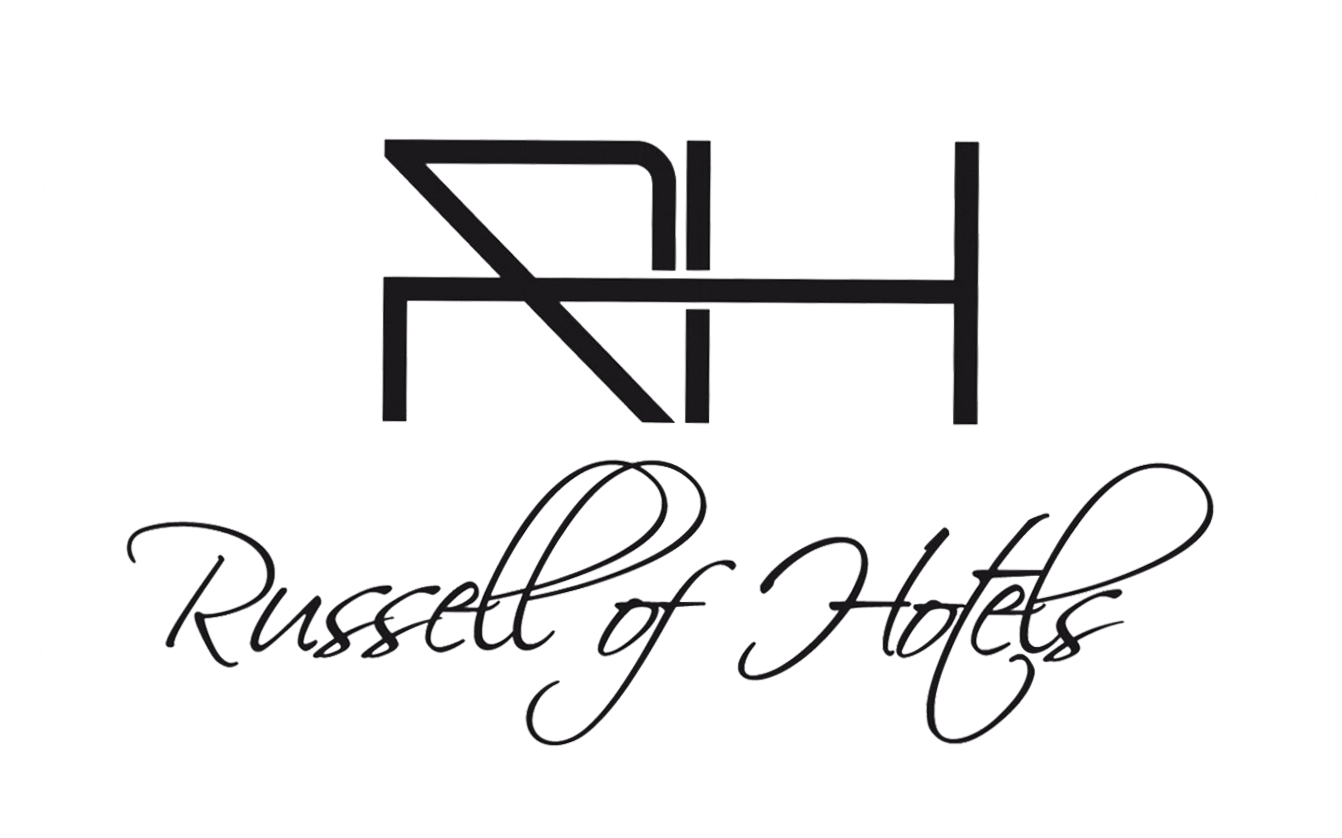Hotel Site Selection: It’s Not About You, It’s About the Client
In hotel site selection, the focus should always be on the client’s goals—not the hotel’s features. Yet, too often, hotel salespeople default to showing off the prettiest parts of the property without understanding what the group actually needs.
Site selection is about alignment, not just availability. It’s about finding the right hotel or venue for the right experience. That only happens when sales professionals do the work before the pitch — and center the conversation around the client.
1. Listen First, Sell Second
The most effective site selection starts with one thing: asking better questions.
Before pitching your ballroom or rooftop, ask:
“What does success look like for your group?”
“What’s the overall goal of this meeting or event?”When hotels assume what a group needs without asking, they risk becoming irrelevant to the RFP.
* Example: A group might not need an elaborate banquet—what they really need is 10 breakout rooms close to guest rooms, and lunch that accommodates food sensitivities.
2. It’s Critical That Hotel Salespeople Do Their Homework
Salespeople need to research the client before the call, before the tour, before the proposal.
Know the basics: What kind of organization is it? What events have they hosted in the past? What are their values (e.g., sustainability, DEI, wellness)?
If you don’t take the time to understand your potential client, you’re showing them that they’re just another lead in your inbox.
* Pro Tip: Check out their website, review past events on social media, or even see if they've worked with your comp set.
3. Fit Over Flash
It's not about showcasing the hotel's “greatest hits” — it's about presenting what fits the client’s needs.
A luxury hotel with all the bells and whistles may not be a fit for a youth leadership group, just as a suburban limited-service property may not suit a high-level executive retreat.
My role in site selection as Russell of Hotels, is to advocate for the right match—not the most glamorous option.
4. Customization Creates Confidence
Sales managers who tailor proposals and site tours to the client's actual priorities build confidence.
It shows attention to detail and partnership.
Even simple touches—like referencing the company’s mission or noting their past meeting preferences—go a long way.
5. Clients Want a Collaborator, Not a Presenter
The best hotel salespeople aren’t just presenting rooms and menus—they’re problem solvers.
The best question you can ask as a salesperson isn’t “When’s your program?” It’s “How can we help this be the most successful program you’ve ever done?”
“Doing your homework isn’t optional—it’s what separates average sellers from trusted partners. If you’re not focused on the client’s mission, then you’re just another sales pitch they’ll forget.”

